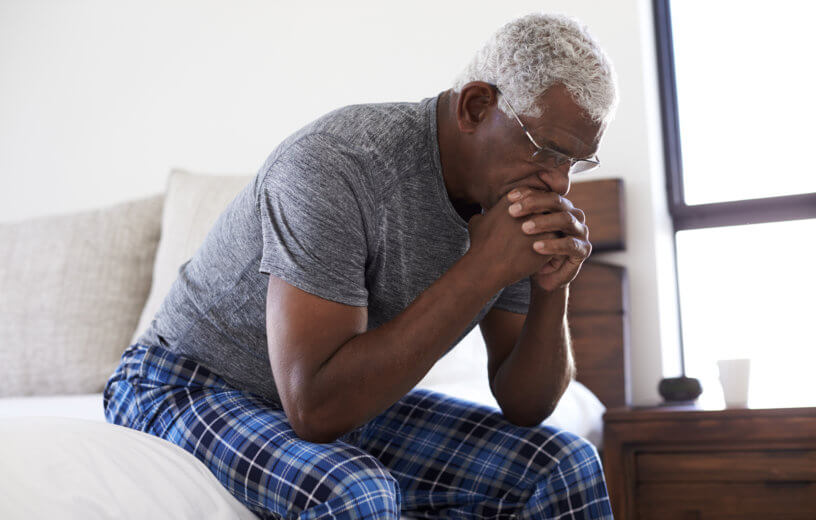STANFORD, Calif. — Normally, there’s nothing wrong with an afternoon nap. That being said, a new study is advising to keep an eye on grandma’s and grandpa’s daytime alertness. Constant drowsiness, sluggishness, or naps during the day among older adults may seem normal, but researchers at Stanford University say that these developments may be a sign of increased risk of cancer, diabetes, high blood pressure, and various other health problems.
Feeling tired is a universal human feeling. Many young people even complain of constantly feeling tired, but most of the time these everyday sluggish moods are simply caused by staying up late, skipping lunch, daily pressures, stress, or the brain-draining effects of constant smartphone use.
True excessive daytime sleepiness on the other hand, medically referred to as hypersomnolence, can seriously impact the quality of one’s life. Constant sufferers of hypersomnolence find it difficult to maintain their jobs, social lives, or perform simple daily chores — even after sleeping soundly throughout the night.
“Paying attention to sleepiness in older adults could help doctors predict and prevent future medical conditions,” says study author Dr. Maurice M. Ohayon, of Stanford University in Stanford, Calif., and a member of the American Academy of Neurology, in a release. “Older adults and their family members may want to take a closer look at sleeping habits to understand the potential risk for developing a more serious medical condition.”
In all, 10,930 people were analyzed for the study, and 34% were over the age of 65. Each participant was interviewed over the phone twice, with the interviews taking place three years apart. During the first interview, 23% of the over-65 participants reported and met the criteria for excessive sleepiness. The second time around, 24% said the same. In both those instances, 41% said their constant sluggishness was a chronic problem.
After analyzing the responses, researchers concluded that participants who reported constant sleepiness during the first interview had a 2.3 times greater risk of developing diabetes or high blood pressure over the following three years. These individuals were also twice as likely to be diagnosed with cancer.
Overall, 840 people said they feel constantly tired during the first interview, and 6.2% of that group (52) ended up developing diabetes. Another 2.4% (20) of those participants developed cancer. Those diagnosis percentages are much higher than among participants who reported never feeling tired during the day.
The researchers were sure to account for other factors that may have contributed to daytime sleepiness, like gender or sleep apnea, but the findings stayed consistent.
Also, participants who said they are constantly tired during both interviews were 2.5 times more likely to develop heart disease. Those who reported feeling sluggish all the time only during the second interview were 50% more likely to develop a musculoskeletal disease like arthritis or tendinitis.
The study is set to be presented at the American Academy of Neurology’s 72nd Annual Meeting in Toronto, Canada this spring.
